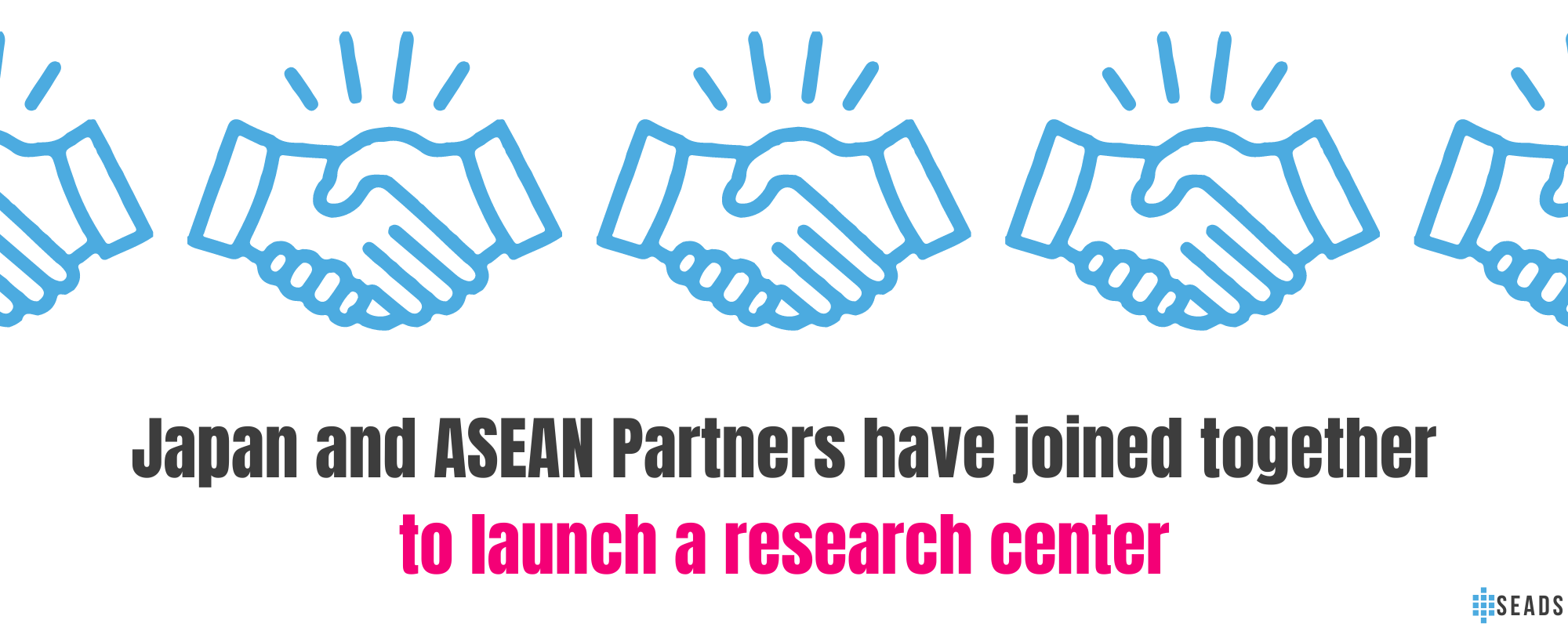Japan and the Association of Southeast Asian Nations (ASEAN) have joined forces to establish a groundbreaking research center aimed at facilitating the seamless transfer of data across borders. The initiative seeks to enable businesses to explore new markets by circumventing the data restrictions imposed by China.

The Research Innovation Center, first announced by Fumio Kishida, Japan’s Prime Minister, during the Future Asia Forum hosted by Nikkei in Tokyo last May, is scheduled to commence operations in Jakarta by August of this year. The center will be managed by the Economic Research Institute for ASEAN and East Asia (ERIA), one of Japan’s notable ventures.
Data plays a pivotal role in research and development as well as the formulation of efficient business strategies. However, varying regulations on data access pose challenges to the free flow of information among multinational companies. This impediment prompted the establishment of the research center, which aims to assist industries in Southeast Asia, where mobile payments have become increasingly prevalent.
Through this initiative, companies will be able to conduct trials and access data across different sectors. This opens up new possibilities for managing and monitoring supply chains across regional headquarters. In the event of a disaster striking an area with concentrated suppliers, alternative sources can be secured promptly. Moreover, businesses will gain insights into crucial data such as greenhouse gas emissions and the protection of workers’ rights throughout various processes.
Privacy and security concerns will also be addressed by the center. Technologies that handle personal data will undergo rigorous evaluation, focusing on machine learning while maintaining encryption. Currently, data inspection requires decryption, and this process lacks proper regulation.

China’s restrictions on the transmission of data outside its borders, particularly information related to national economy and security, have prompted Japan to collaborate with ASEAN in an effort to foster economic growth and potentially establish a standard for the Indo-Pacific region.
The center will be launched under the auspices of the Organisation for Economic Co-operation and Development (OECD) and will tackle topics related to data regulations. In May, the Group of Seven (G7) nations agreed to create this entity with the aim of facilitating data flows. However, even within the G7, there are differing perspectives on this issue.
Europe, known for its emphasis on personal information protection, initially raised objections during the G7 digital and technology ministers’ meeting in April prior to the Hiroshima summit. While an agreement was eventually reached, these objections underscore the challenges in establishing a unified stance on data flows.
The collaboration between Japan and ASEAN through the Research Innovation Center represents a significant step toward unlocking the potential of data-driven innovation in the region. By addressing regulatory barriers and promoting cross-border data transfer, the center aims to drive economic growth and enhance cooperation among businesses in Southeast Asia and Japan.